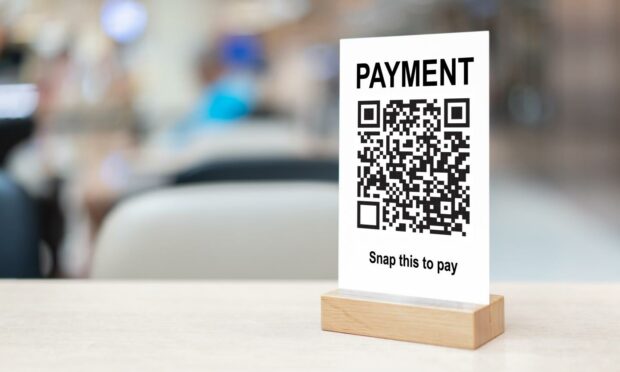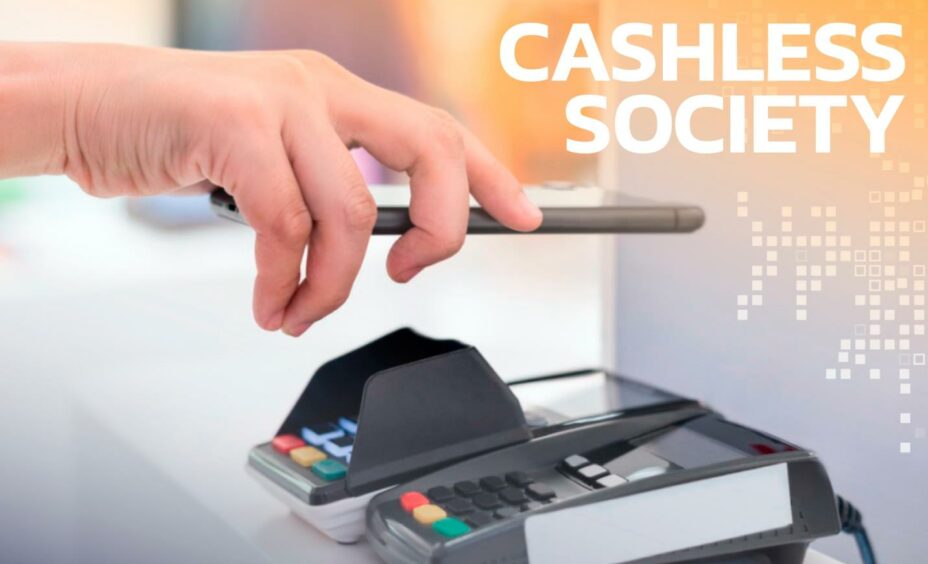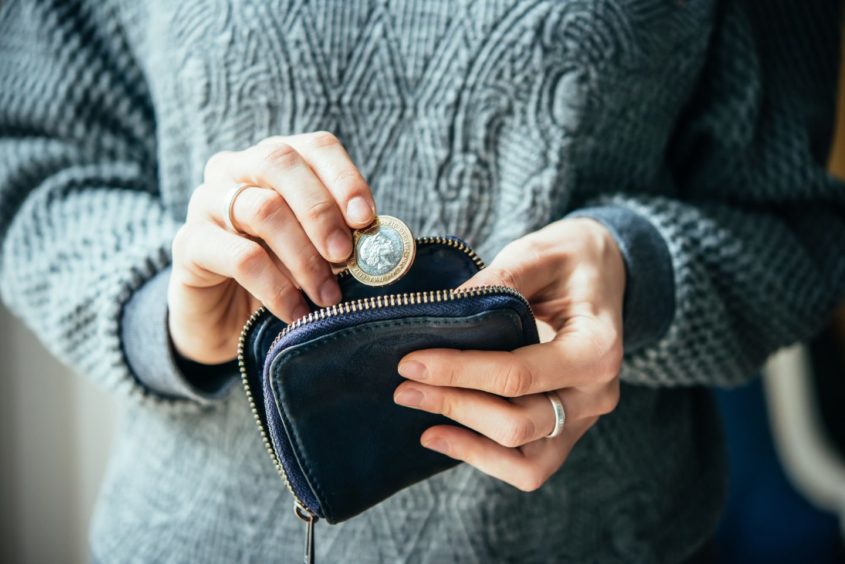A north-south divide may be emerging as some parts of the UK move towards a cashless society faster than others, new research suggests.
The study – carried out by bill payment services firm PayPoint – found people living in northern England and the devolved nations tend to be more reliant on cash than those in the Home Counties.
PayPoint commissioned Censuswide to survey 2,000 consumers throughout the UK in July 2021.
Many people are still reliant on cash, and they are also often the most vulnerable in society.”
Nick Wiles, chief executive, PayPoint
Only counties where PayPoint’s network of 28,000 convenience stores cover more than five stores were included in the study.
The research produced a league table of counties and their cash reliance scores, based on store transactions and people’s attitudes in terms of how much they consider themselves to be cash-reliant.
Of the 48 counties included in the study, 43 were found to have an overall cash reliance score of more than 50% – indicating the need for cash by millions of people to support day-to-day expenditure is still of major importance around the UK.
The five counties with a score lower than 50 are Hampshire (49%), Berkshire (49%), Buckinghamshire (49%), West Sussex (48%) and Oxfordshire (46%).
Eight Scottish local authority areas on the list include Angus (62%), Fife (61%) and Aberdeenshire (54%), with Lanarkshire (64%) among the top three most cash-reliant areas. County Down (69%), in Northern Ireland, tops the league table.
Retail investors see inflation as biggest threat to portfolios
PayPoint chief executive Nick Wiles said: “Among continued sensationalism and scaremongering over the decline of cash, it is more important than ever that we recognise its continued importance to communities around the UK.
“Despite the rise of digital payments during the pandemic, we must not forget that many people are still reliant on cash, and they are also often the most vulnerable in society. This is why PayPoint remains committed that, through our 28,000 strong retailer network, any individual can access cash whenever they need it.”
New cash service on its way
Mr Wiles added: “Later this year we will begin a nationwide roll-out of a new over-the-counter service for those who require cash in exact denominations, following its hugely successful 2021 trial period.
“This will allow anyone in the UK who needs to make exact withdrawals, down to the penny, to do so without relying on meeting the minimum requirements of ATMs.
“It is the continued investment in such services that demonstrates PayPoint puts action over hyperbole in its ambition to safeguard cash access over the long term. I would urge our industry partners, competitors and Westminster to do the same.”
Key findings from PayPoint’s survey included more than two-thirds (67%) of all purchases across the firm’s convenience stores network over a 12-month period being made with cash.
More than one in five (21%) people in the UK use an ATM two to three times per week and in excess of two-thirds (64%) think more should be done to protect cash, rising to 67% in Scotland.
Cashless expectations
A recent report by The Economist Intelligence Unit, part of The Economist Group, highlighted growing expectations of cashless societies worldwide.
Consumers are increasingly adopting cashless payment methods, while governments around the world are stepping up planning or piloting of central bank digital currencies.
Meanwhile, companies are experimenting with accepting open-source digital currencies, such as Bitcoin, for treasury or portfolio allocation.
Money experts urge caution after Nationwide confirms post-lockdown spending splurge
All change at M&S Bank after Covid-19 accelerates trend for using services online


